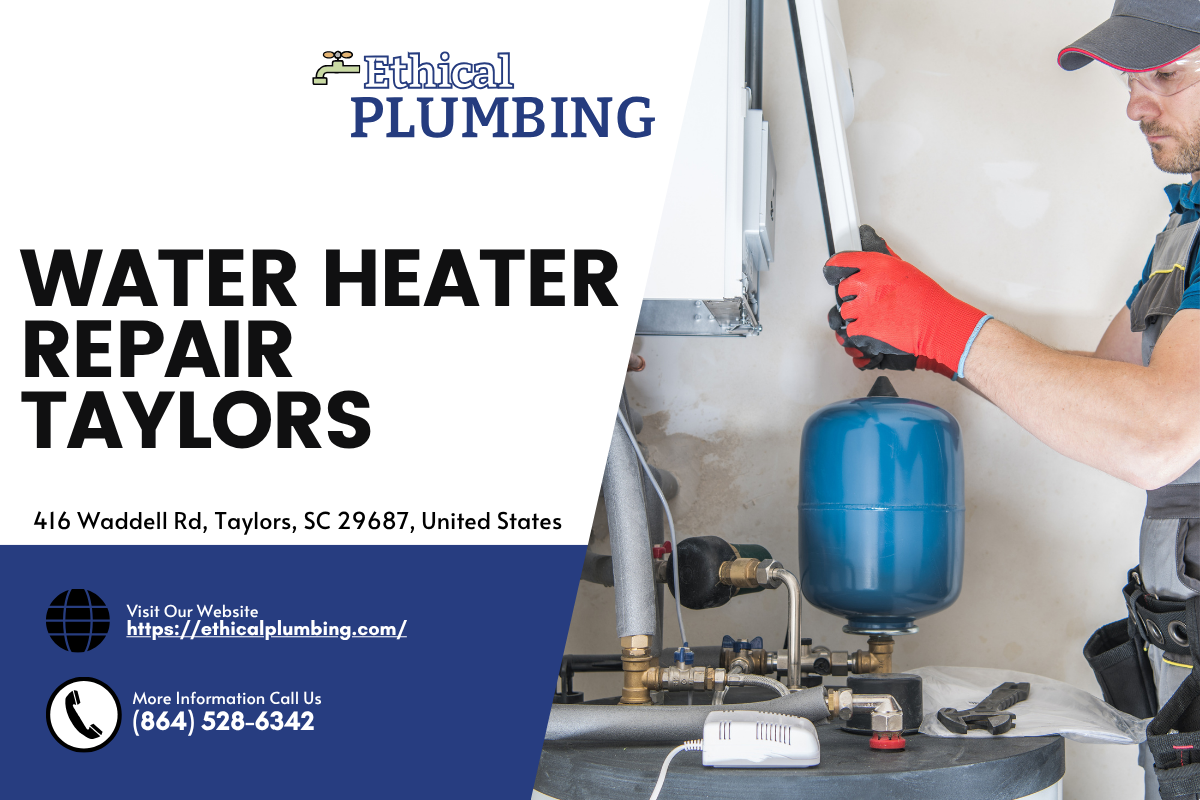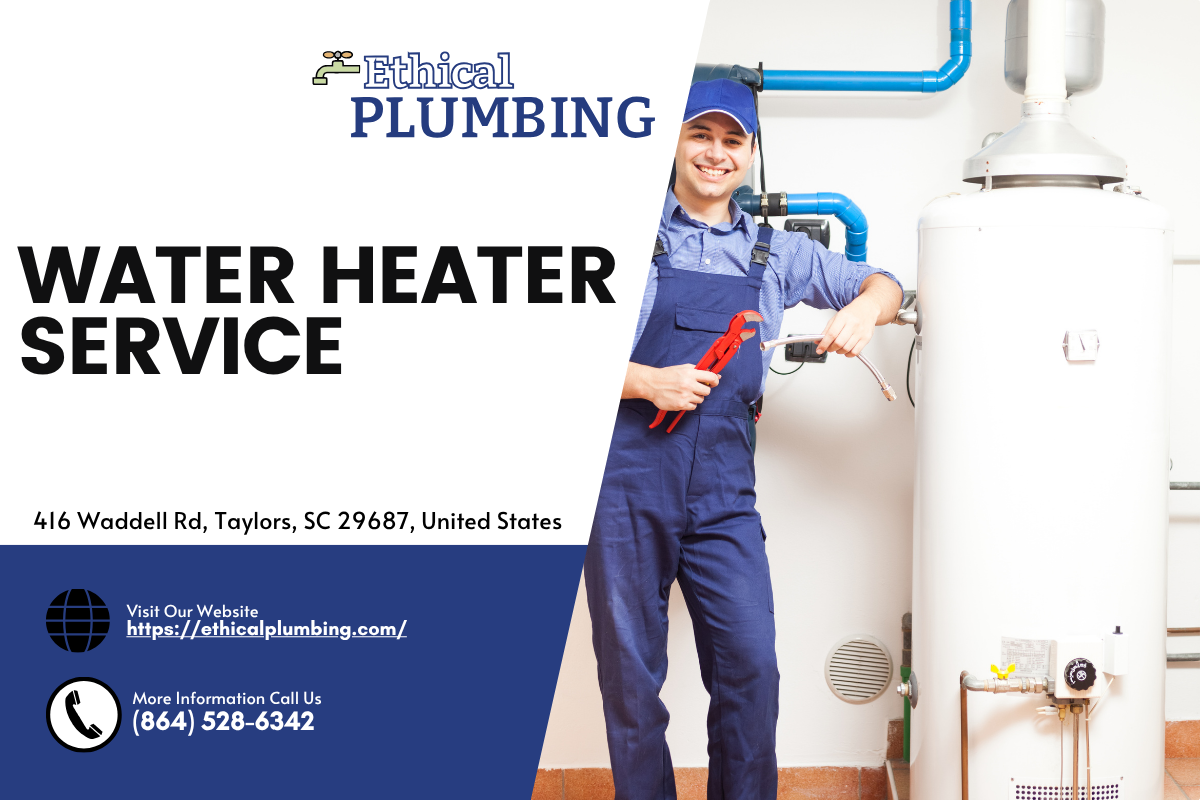

When it comes to enjoying a rejuvenating hot shower, few things are as frustrating as running out of hot water mid-way through. This discomfort often stems from improperly sized water heating systems, which can lead to inefficiencies and dissatisfaction in your daily routine. In this article, we’ll explore the intricacies of water heating systems, the importance of proper sizing, and how you can maintain efficient hot water supply in your home.
Understanding Water Heating Systems
What Is a Water Heating System?
A water heating system is designed to heat water for various domestic purposes, such as bathing, cooking, and cleaning. These systems come in different types, including tankless models and traditional storage tanks. Each type has its unique advantages and disadvantages that can significantly impact performance.
Types of Water Heaters
- Traditional Tank Water Heaters: These heaters store a specific amount of hot water in a tank. Tankless Water Heaters: Also known as on-demand heaters, they heat water directly without storing it. Heat Pump Water Heaters: They use electricity to move heat from one place to another instead of generating heat directly. Solar Water Heaters: These utilize solar energy to heat water and are an eco-friendly option.
Why Proper Sizing Matters
Proper sizing ensures that your system meets your household's hot water demands without wasting energy or money. An undersized heater might struggle to meet demand, while an oversized unit may lead to unnecessary energy consumption.
Hot Showers Every Time: The Importance of Properly Sized Systems
Factors Influencing Hot Water Demand
Understanding your household's specific needs is crucial for selecting the right size water heater. Factors influencing demand include:
- Number of occupants Peak usage times Type of appliances used (e.g., washing machines, dishwashers)
Calculating Your Hot Water Needs
To estimate your required capacity:
Assess daily usage (in gallons). Consider simultaneous demand (e.g., multiple showers). Factor in any additional appliances that use hot water.Using this information will help you find a system that keeps up with your needs.
The Costs Associated with Improper Sizing
Energy Waste and Higher Bills
An improperly sized system can result in endless cycles of heating and cooling, leading to increased energy bills. For instance, if your heater is too large for your needs, it may constantly cycle on and off, wasting electricity.
Frequent Repairs and Maintenance Issues
Water heaters that operate outside their intended capacity may require more frequent repairs. Regular maintenance can mitigate some issues but won't prevent the fundamental problems caused by incorrect sizing.
Water Heater Installation: Getting It Right from the Start
Choosing a Professional Installer
When installing a new system:
- Look for qualified professionals with experience in both installation and repair. Ensure they understand sizing calculations tailored to your household’s needs.
Common Installation Mistakes
Some common mistakes made during installation include:
- Ignoring local building codes Incorrect placement (ventilation concerns) Failing to connect safety devices like pressure relief valves
Water Heater Repair: Signs You Need Professional Help
Identifying Common Problems
Regular checks can help identify issues before they escalate:
- Fluctuations in temperature Strange noises from the unit Discolored or foul-smelling water
If you notice these signs, it's time for professional service!
Tankless Water Heater Repair: Unique Challenges
Understanding Tankless Technology
Tankless systems offer numerous benefits but may present unique challenges when repairs are needed:
Scaling due to hard water Filter clogs Electrical issuesRegular maintenance helps avoid these complications.
Water Heater Service: Essential Maintenance Tips
Routine Maintenance Practices
To keep your system running efficiently:
Flush the tank regularly. Check anode rods annually. Inspect for leaks around connections.Implementing these practices not only prolongs the life of the heater but also ensures consistent performance.
Water Heater Replacement: When Is It Time?
Recognizing the Signs for Replacement
Knowing when to replace your unit is essential:
Age (most last 8–12 years) Frequent repairs Rising energy costsIf you encounter these issues frequently, consider replacing rather than repairing.
The Role of Energy Efficiency Standards
Understanding Efficiency Ratings
Modern heaters come with efficiency ratings like ENERGY STAR® certifications indicating better performance and lower operational costs over time. https://israelvqpu785.yousher.com/top-features-to-look-for-when-buying-a-new-hot-water-system Opting for high-efficiency models can save homeowners significant amounts on utility bills while being environmentally responsible.
Exploring Advanced Technologies for Better Performance
Smart Technology Integration
Integrating smart technology into your heating system allows for remote monitoring and control via apps on smartphones or tablets. This innovation enhances convenience while ensuring optimal performance tailored to user habits.
FAQs About Water Heating Systems
Q1: How do I know what size water heater I need?
A1: Calculate your daily hot water usage based on family size and peak usage times.
Q2: What are common signs I need a water heater repair?
A2: Look for fluctuating temperatures or strange noises coming from the unit.
Q3: How often should I perform maintenance on my water heater?
A3: It's recommended at least once a year; more often if you have hard water or high usage levels.
Q4: What’s the average lifespan of a traditional tank-style heater?
A4: Most traditional units last between 8–12 years; however, this depends on maintenance habits and usage patterns.
Q5: Can I install a tankless system myself?
A5: While DIY installation is possible, hiring qualified professionals ensures compliance with codes and optimal functioning.
Q6: Are there tax incentives for choosing energy-efficient models?
A6: Yes! Many regions offer tax credits or rebates for selecting ENERGY STAR-rated appliances; check local regulations!
Conclusion
Hot showers every time are no longer just a dream but an achievable reality with properly sized systems tailored to meet individual demands. Investing time into understanding your requirements—alongside professional installation—will ensure ongoing satisfaction with reliable hot water access throughout your home.
Whether you're considering new installations or need service on existing units, remember that maintaining efficiency through regular care is key! By focusing on appropriate sizing and informed choices regarding repairs or replacements, you'll enjoy those comforting showers without hassle!
With effective planning and expert guidance at each step—from installation through regular maintenance—you'll not only ensure comfort but also enhance the overall efficiency of your home's plumbing system!